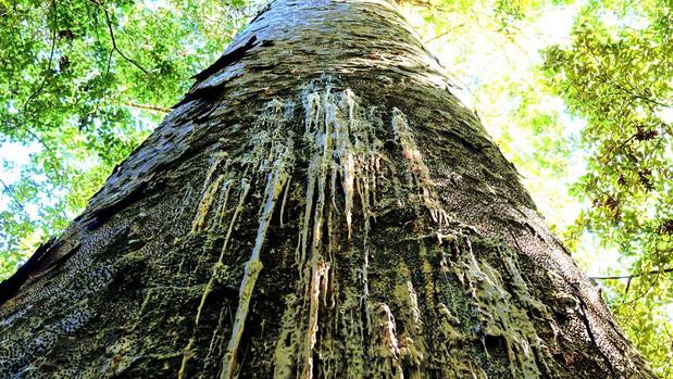
The Auckland Council has confirmed plans to close much of the Waitakere Ranges and high risk tracks in the Hunua Ranges to contain kauri dieback disease.
The measure follows public feedback on an earlier decision by the council's environment and community committee in February unanimously in favour of the closure proposals.
Today, the committee voted to close the parks by May 1 with some exceptions outside the forested area and away from kauri ecosystems. There will be prioritised openings as tracks are upgraded.
Since the disease was discovered about 10 years ago, Auckland Council has invested in various management measures including track improvements, hygiene stations, targeted closures, surveillance and research across the Auckland region.
"Unfortunately, this hasn't prevented the spread and incidence of the disease, particularly within the Waitākere Ranges, and it was clear that more radical action needed to be taken," said environment and community committee chairwoman Penny Hulse.
Kauri dieback is well established in the Waitakere Ranges and Awhitu Peninsula and been identified in parts of Rodney. Areas not affected include the Hunua Ranges, Waiheke Island and the Kaipatiki reserves on the North Shore.
The feedback found that 43 per cent of submitters believed there are too many proposed track closures and the impact on the community would be too severe.
About 24 per cent of submitters said they felt the proposal was about right and 25 per cent thought it did not propose enough closures.
/arc-anglerfish-syd-prod-nzme.s3.amazonaws.com/public/ZVWS54GJKRFBDKTL3QIIGX2SMU.jpg)
Clark Bush Track, Titirangi, Waitakere Ranges.
Take your Radio, Podcasts and Music with you

/arc-anglerfish-syd-prod-nzme.s3.amazonaws.com/public/BRGU7ZREQFENBAT6XWOEBG534Y.jpg)








